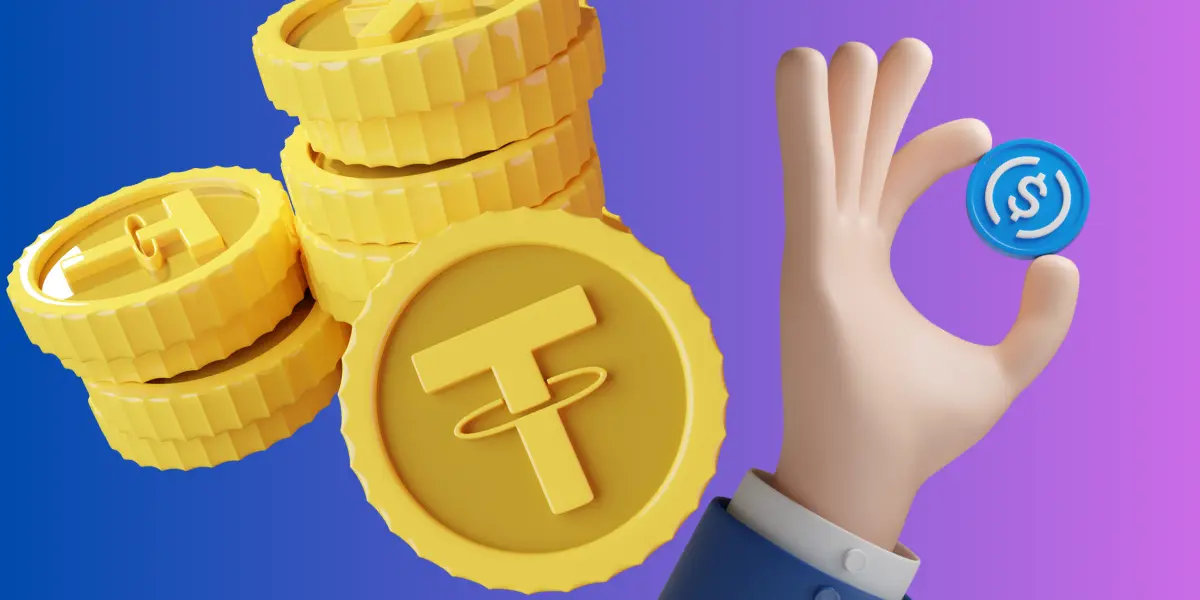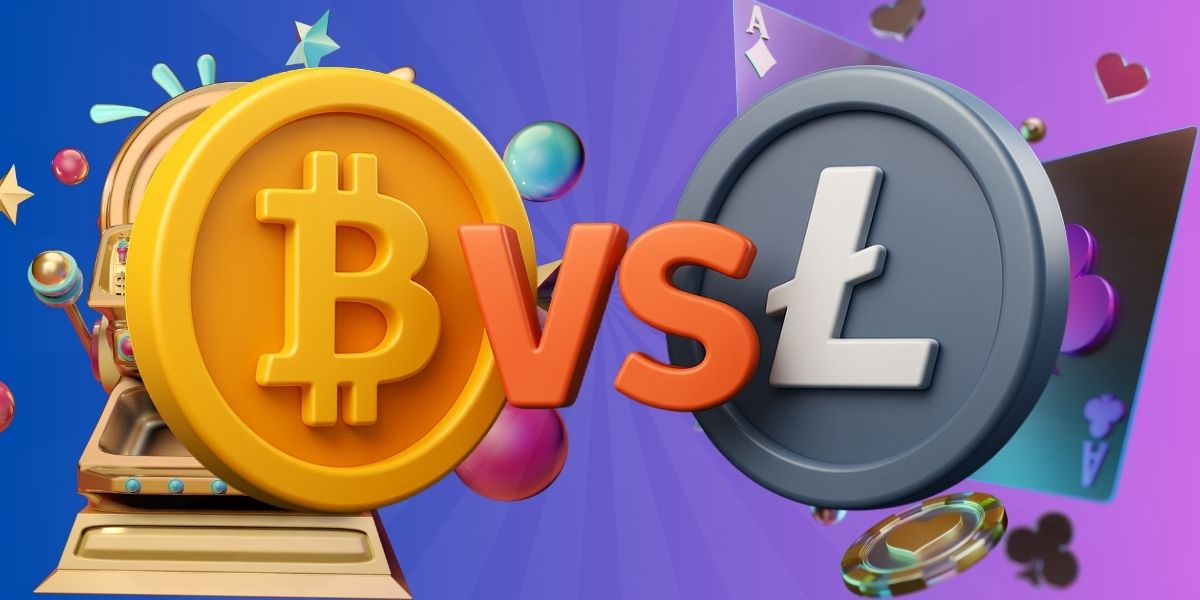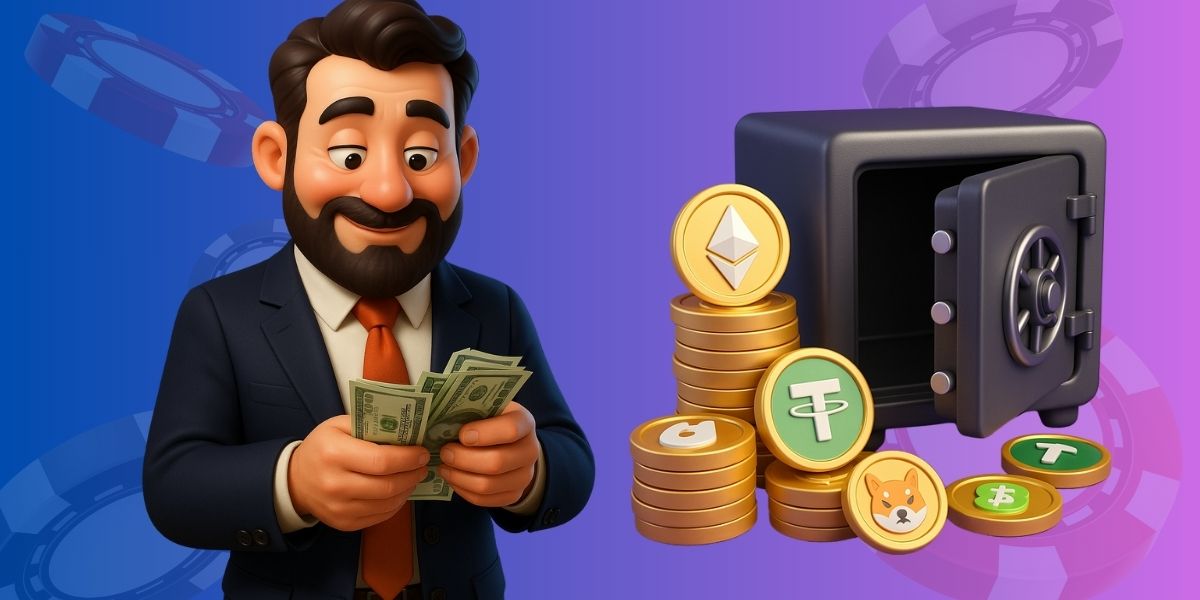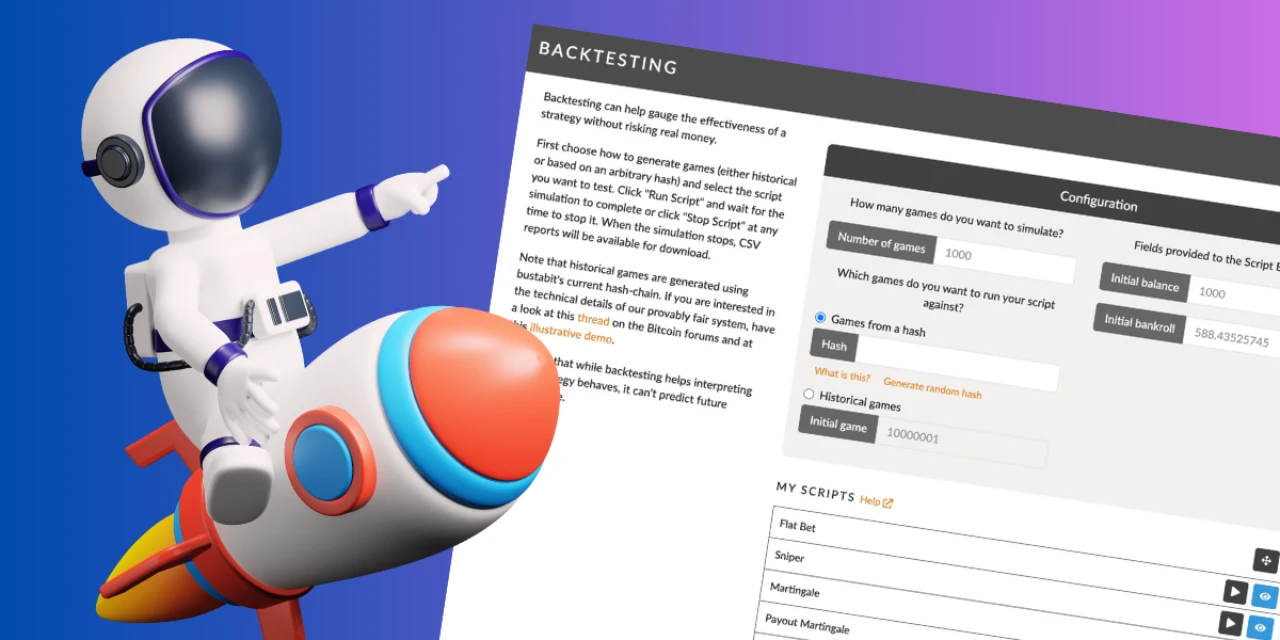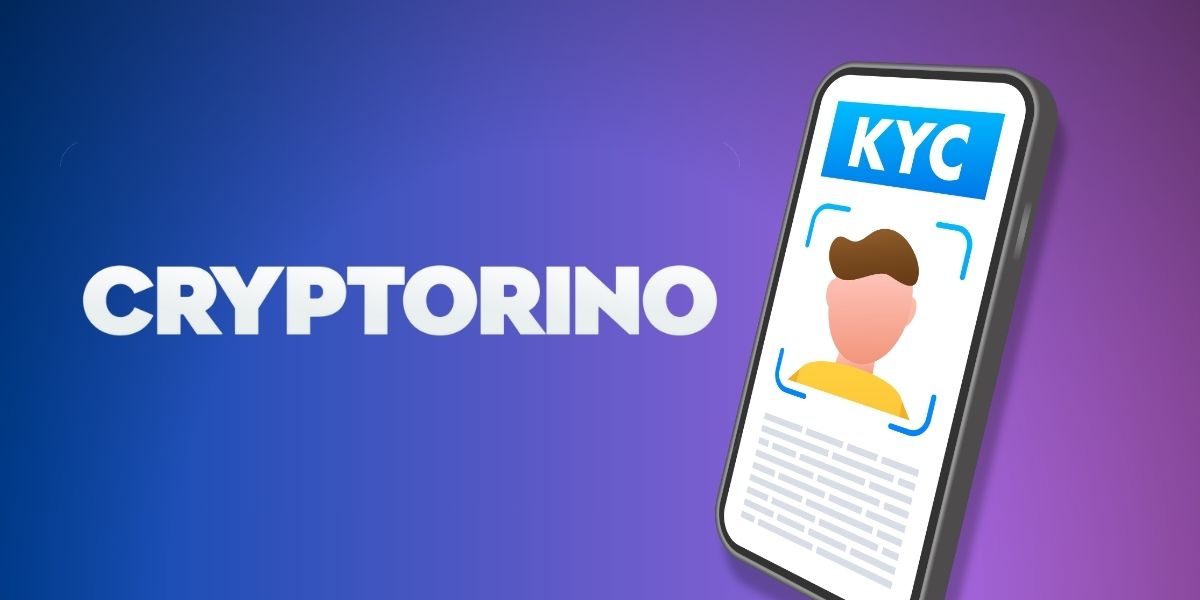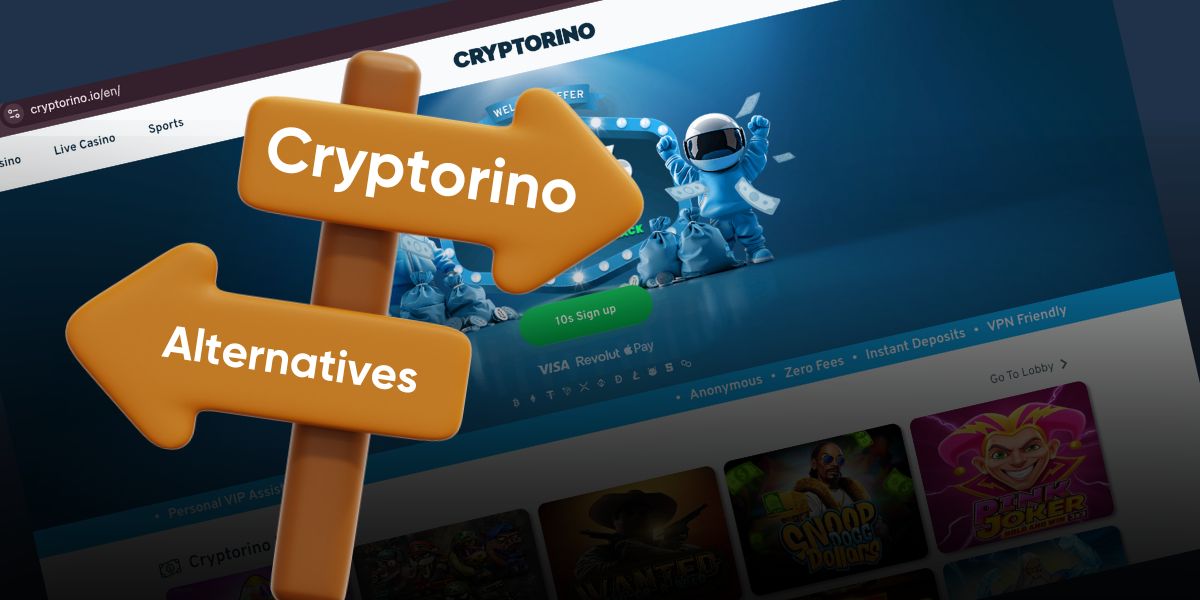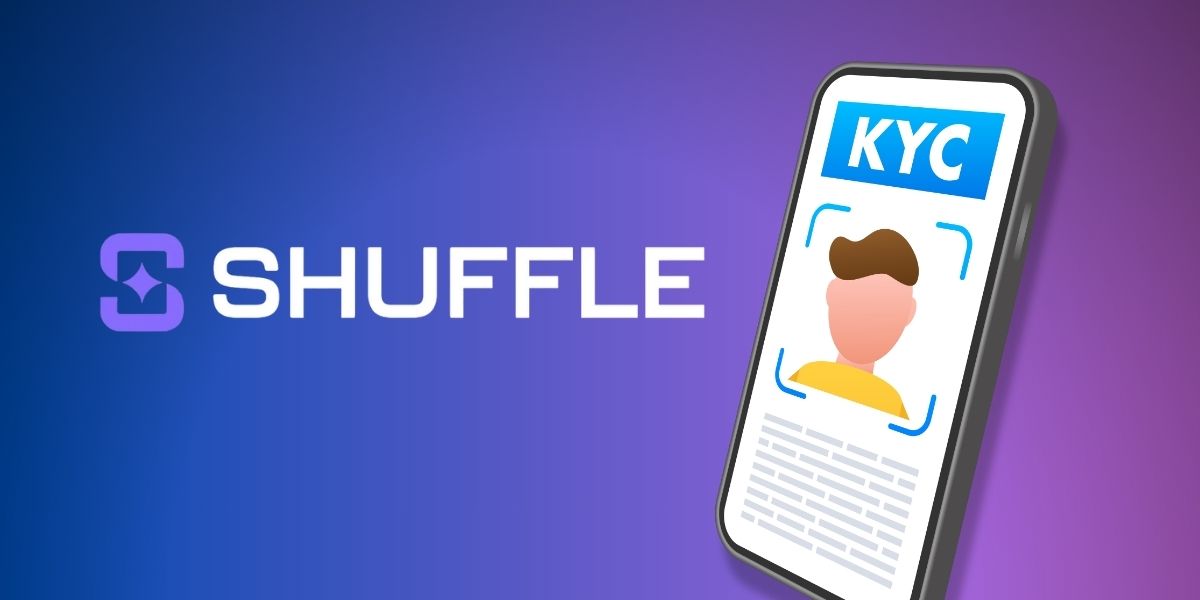
Shuffle KYC Guide 2026: What to Expect Before Cashing Out
If you’ve been seeking top crypto casinos, then Shuffle has definitely caught your attention at least once.
It’s know for its fast gameplay, in-house titles, and the tempting $100K daily races. But for many players, the real question isn’t about gamesBitcoin reached new ATH: How does it affect crypto gambling?
Do you really need to verify your identity to play or withdraw?
And if so, when? I dug into Shuffle’s policy, spoke to support, and tested it myself. Here’s what I found.
🔑 Key Takeaways:
- Shuffle KYC Level 1 is mandatory.
- Shuffle only has two levels of verification.
- You are still able to withdraw funds before passing Level 2.
- Some platforms don’t even require Level 1.
Does Shuffle require KYC?
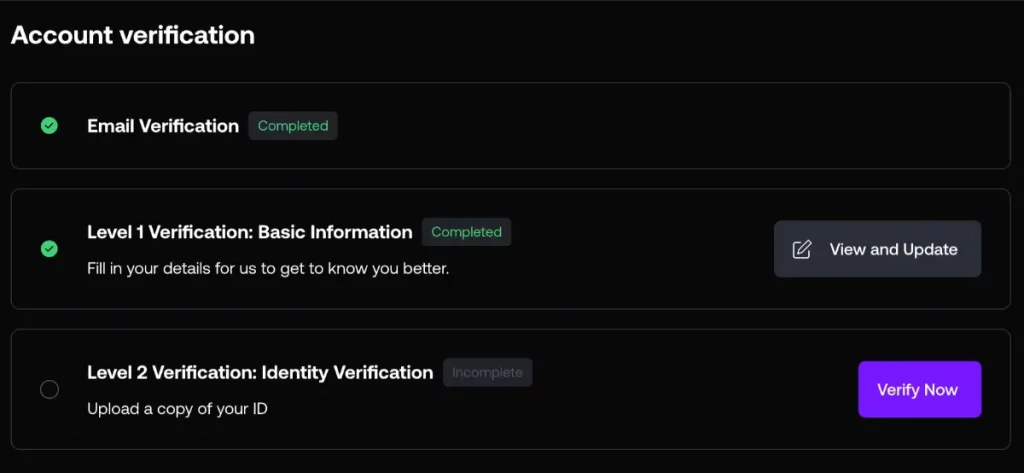
Yes, technically. Shuffle requires basic KYC (Level 1) when you sign up, which includes your name, date of birth, and country. It’s a quick process and doesn’t involve uploading any documents.
Shuffle has a Level 2 verification stage, but it’s not automatically triggered.
It’s very much like Rainbet’s KYC process.
Best No-KYC Shuffle alternatives
If Shuffle’s Level 2 check isn’t your vibe – or if you just want a backup plan – it’s worth checking out other crypto casinos that keep KYC to a minimum.
These platforms let you deposit, play, and usually withdraw with zero documents required.
Shuffle verification levels: Explained
Shuffle keeps it simple with just two verification levels. Level 1 is required for all players at sign-up, while Level 2 is only triggered under certain conditions. Here’s exactly what each level involves.
Level 1
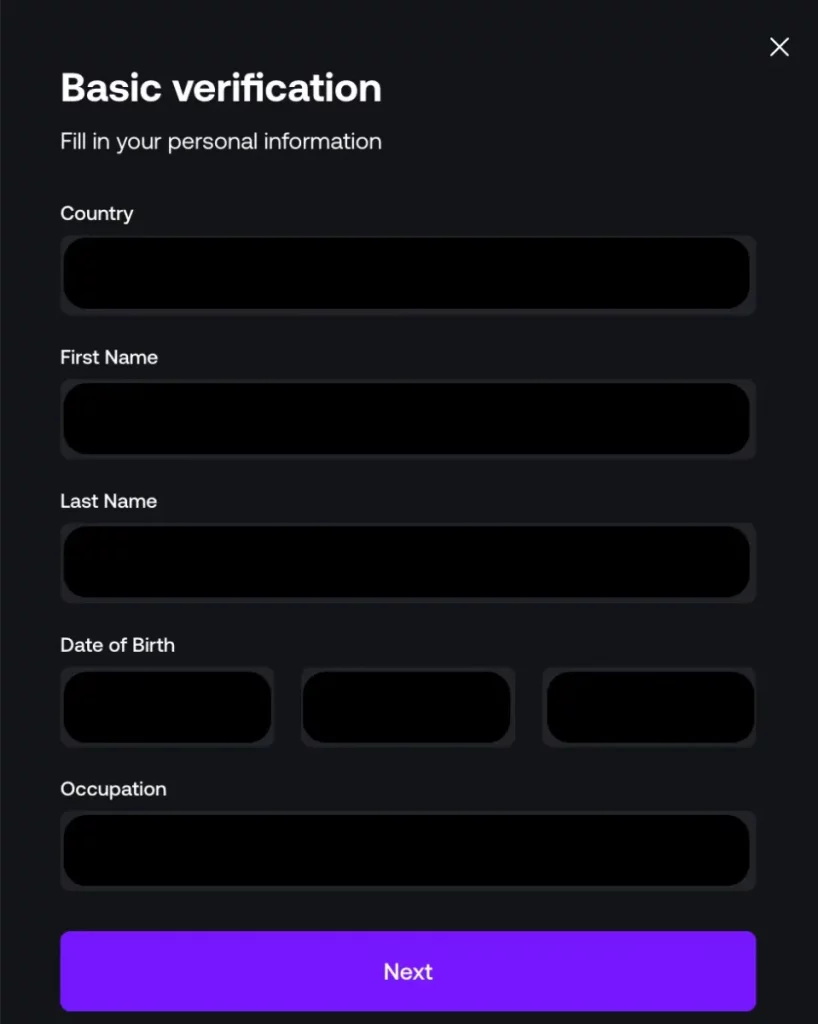
Level 1 is the entry point for every new Shuffle player.
You’ll be asked to provide your name, country, and birth date before you can make a deposit or start playing. There’s no need to upload any documents.
This step takes less than a minute and is about as low-friction as it gets.
Unlike Roobet KYC, which locks even deposits behind KYC, Shuffle gets you into the action right away.
If privacy matters to you, Level 1 is manageable – it collects basic info, but doesn’t dig into your identity.
And unless you trip one of their internal checks, you might never need to go further.
For example, iWild may be just as strict in their verification, but won’t force a Level 1.
Level 2
Level 2 kicks in only if Shuffle’s risk system detects something unusual.
That might be high transaction volume, VPN use, or patterns that resemble bonus abuse. It’s not tied to a specific dollar threshold.
If triggered, you’ll need to upload a government-issued ID, like a passport or driver’s license.
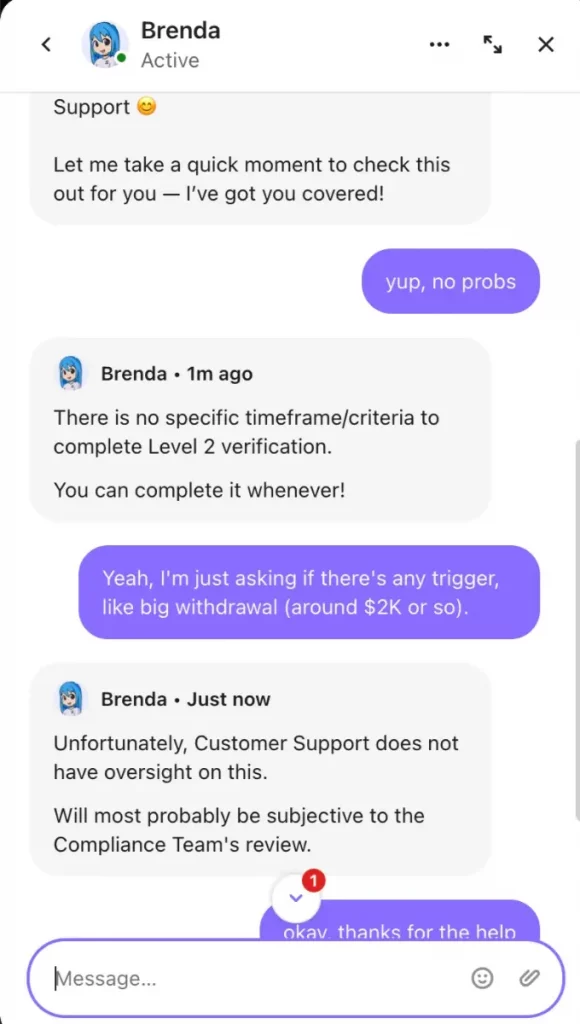
From what I’ve seen, most players never hit Level 2. Even four-figure withdrawals can go through without a hitch. But if Shuffle decides they need to check, there’s no bypassing it.
Even the customer service agent confirmed nothing specific about a standard KYC process exists.
Tips to pass the Shuffle KYC process
Most players won’t even need to complete Level 2, unless you’re planning to cash out big or raise red flags. But if you do get the email, here’s how to pass Shuffle’s KYC smoothly:
- Use your real info at sign-up
Don’t fake your name, country, or birth date. It’s basic Level 1 stuff, and mismatches can cause issues later. - Avoid multiple accounts
Shuffle might flag duplicate IPs or patterns that suggest multi-account abuse. Stick to one profile. - Withdraw smaller amounts
Keep withdrawals under a few thousand to reduce your chances of triggering Level 2. - Don’t use a VPN for cash-outs
While VPNs are fine for browsing, using one when withdrawing might raise suspicions. - Have your ID ready (just in case)
If you’re a high roller or hit a jackpot, a clear photo of your passport or driver’s license will speed things up.
Summary
Shuffle strikes a nice balance – fast registration, privacy-first play, and rarely any document checks. While Level 1 KYC is required, it’s painless.
And unless you’re withdrawing massive amounts or triggering red flags, Level 2 is unlikely to pop up.
If you’re looking for a crypto casino that respects your privacy without compromising on games or features, Shuffle is worth considering.
Just remember: the more you win, the higher the chance you’ll need to verify.




